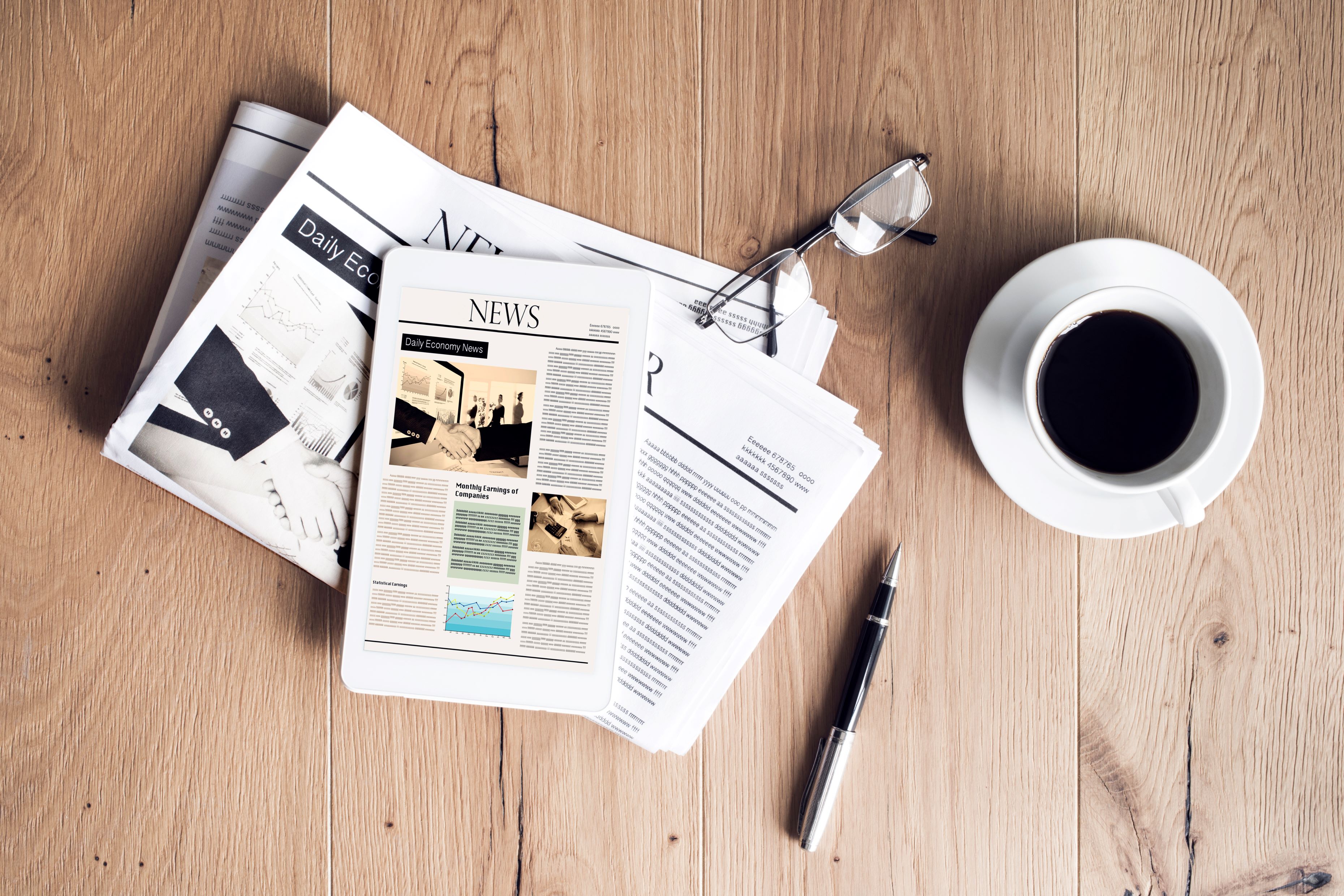
Ahead of the G7 meeting in Osaka this weekend, it’s been a tense week in trade as tariff talk abounds and subsidy suspicions ratchet up between big global players in green technology.
This was epitomised by excitement in the electric vehicle (EV) sector, as big progress in battery production (read below) was offset by concerns on both sides of the channel about impending tariffs.
There was a sunnier picture in IOE&IT news, as our very own trade guru and “poet of policy”, Kevin Shakespeare, gave evidence before a Department of Business and Trade (DBT) select committee on the performance of freeports and investment zones. There was plenty of reason, if sadly less rhyme, in Shakespeare’s insights.
The big picture: Chemaf Resources, the struggling Dubai-based mining group with copper and cobalt operations in the DRC, has become the latest inflection point in growing US-China tensions. As Chemaf seeks buyers, Chinese bidders are circling and rumours swirl that the US government is trying to stoke interest among allies, preventing asset-bolstering China’s critical mineral arsenal.
The ‘little-big-picture’ gave us a subsidy scandal as the FT revealed that three UK manufacturers used net zero legislation loopholes to claim carbon credits worth millions for factories in the process of closing down.
Good week/bad week: Never far from the trade headlines, the world of EV batteries produced some big winners this week. A breakthrough at Toyota could lead to vehicles with twice the range of current models after just a 10-minute charge, while China’s graphite export controls have created quite the payday for western producers as share prices soared.
But it was a very bad week for Tsingtao Brewery, reports the BBC, following viral footage of a man appearing to take a leak in a batch of malt. The brewery is China’s second largest and a main exporter, with markets as diverse as Japan, the US and Europe. A consumer backlash is already brewing (ouch) in South Korea, where many restaurants have requested refunds on recent shipments.
How’s stat? 2.1% – the drop in value of Norway’s sovereign wealth fund this week, representing a mammoth $34bn, as per Reuters. The nation’s sensible approach to squirreling away its oil wealth was complemented by an equally sensible approach to investing, so the dip is attributed to stormy macroeconomic headwinds rather than a flawed portfolio.
The week in customs: Our trade and customs expert have asked us to give everyone a firm, but gentle nudge towards switching away from using code 999L when submitting customs declaration service entries.
The code officially becomes defunct on 31 January 2024, but it’s worth getting in early and using whichever of the 10 new codes is applicable. You can learn more in our customs round-up.
Quote of the week: “Given the increasing importance of electrified car production, the first and urgent step is for the UK and EU to agree to delay the tougher rules of origin requirements that are due imminently.”
Society of Motor Manufacturers and Traders CEO, Mike Hawes, advocating for freer cross-channel EV trade.
What else we covered this week: Phil Adnett looked at the International Energy Association’s annual report on the state of the sector, honing in on the progress of the green transition. He also brought you an overview of sanction action across the globe, from new measures taken against Russian, to Kazakhstan’s cooperation on the new sanctions regime.
Benjamin Roche pulled together some recent financial services stories and news from across Africa. Highlights included an impending bonus bonanza in the City and the EU’s attempts to take on China’s Belt and Road Initiative with its own African investment programme.
True facts: In a good news story to warm the heart and weary the liver, the Guardian reports that China and Australia have agreed to park their pending wine dispute ahead of Australian prime minister, Anthony Albanese’s, Beijing trip next month. Free (trade) wine for all!
In a fun exploration of just how contentious WTO members can get, excluding this year’s spats, 615 disputes were raised for settlement between 1995 and 2022, with 1997 proving the runaway favourite for trying to drag a trading partner before the appellate body at a whopping 50 disputes.



